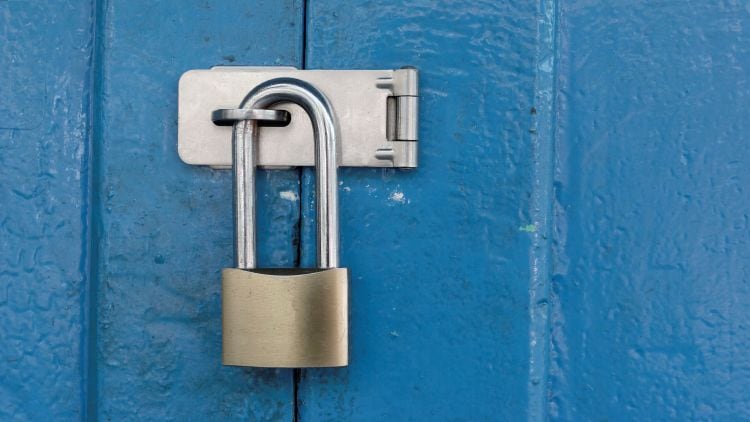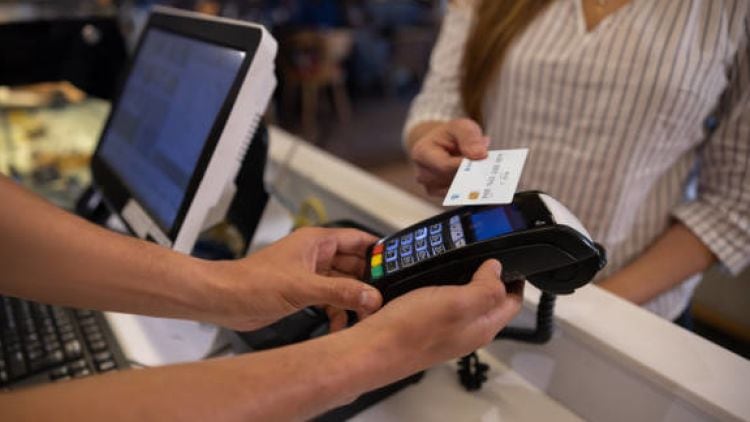Q: Though the market is obviously very tough for many operators at the moment, the city-centre wet led pub which I run is doing really strong business. So much so, that I am looking at expanding my business and buying a closed pub in a nearby, affluent village. I am not 100% sure what licensing issues I should look out for and need some help. Can you offer any advice?
A: Something you must make absolutely certain of at an early stage, particularly given that the pub you are considering taking-on is closed, is the holder of the premises licence is still solvent. This is because the law states, if an individual premises licence holder is made bankrupt or becomes mentally incapacitated or has died, the premises licence will lapse immediately. This is also the case where a company holding a premises licence becomes insolvent. So, I suggest you make enquiries as quickly as possible because there is a 28-day timeframe, from the date the insolvency or other trigger event occurs, to transfer the licence to reinstate it. If, however, you do not make the transfer within this timeframe, the licence cannot be reinstated, and a new premises licence application would be necessary.
This in itself can cause problems, as there is no guarantee that a new premises licence will be successfully granted. Even if a new premises licence is granted, it might not be granted with the same conditions or licensing hours as the licence which has lapsed. In our experience, there appears to me more residential opposition to new premises licence applications since the pandemic.
You should also carry out due diligence checks on the premises you are buying. Ideally, you should speak with the local licensing department, police and environmental health so you get the full picture as to the premises’ history. Make sure you’re looking at an up to date copy of the licence.
Also, you’ll need to find out if there are any outstanding annual fees for the premises, and if there are, you will need to pay these as there is a high chance the licence will have been suspended pending payment.
If everything to this point works out and you are keen to progress your purchase, you will then need to transfer the premises licence.
To do this, you will need to identify who the current premises licence holder is or are (it can be in joint names) – your local licensing team can help you with this. And once you’ve identified them, they will need to complete a consent form for the transfer. If the premises licence is held by a company, a director or company secretary will need to sign the consent form.
If you are unable to obtain consent, you will need to demonstrate to the Licensing Authority that you have taken all reasonable steps to obtain consent (you don’t need consent if the licence has lapsed and you are applying to reinstate within the 28-day post-lapse timeframe.
You will also need to consider any licences that you might need if you are planning to providing gaming machines at the premises.
It cannot be stressed enough that, like so many things in life, the devil is in the detail when it comes to purchasing another licensed premises. It is better to turn over every stone and ask as many questions as possible, rather than be hit by unexpected legal issues further down the line.
Good luck.
• Carl Weston is head of marketing and partner (non-solicitor) at Poppleston Allen




